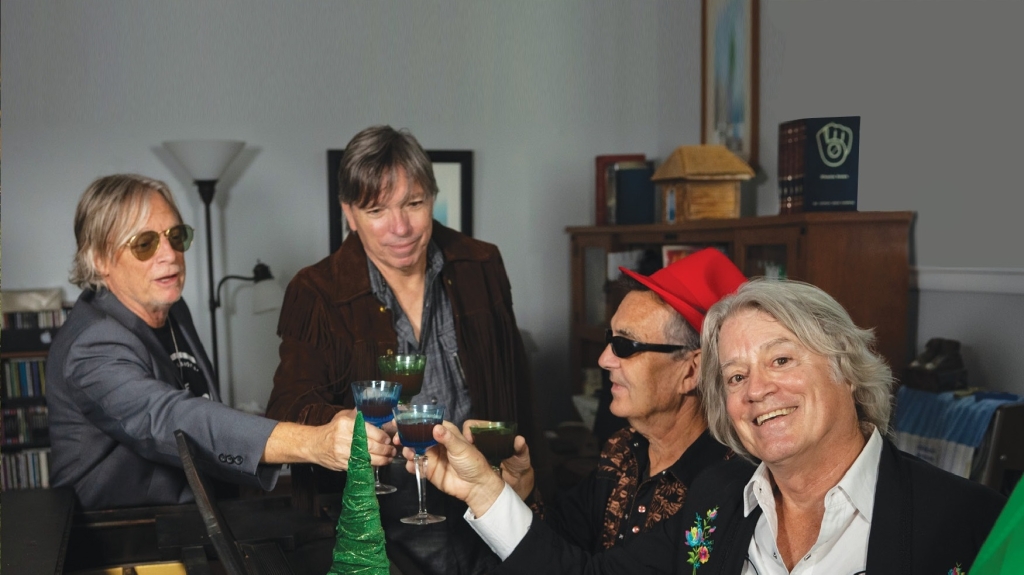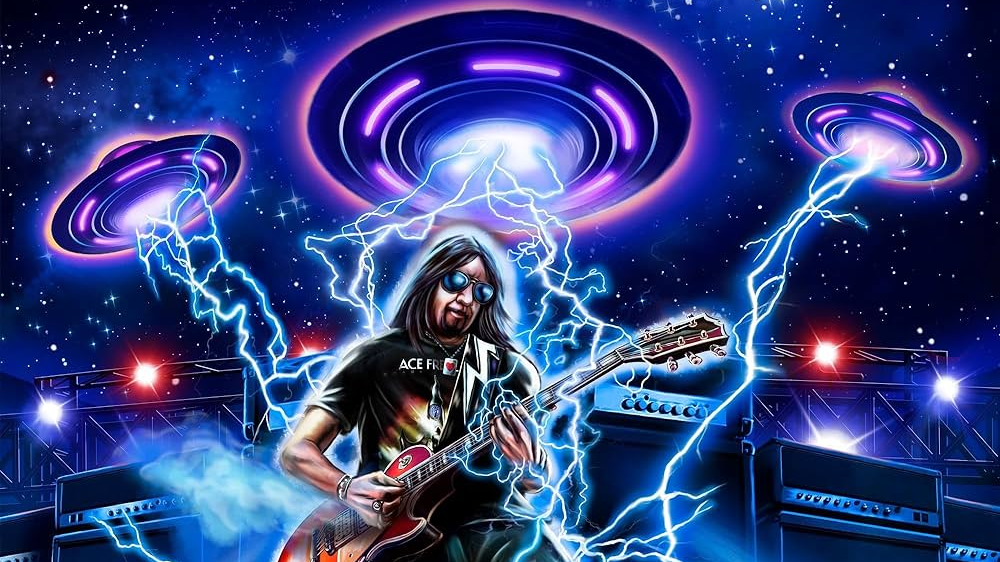
May 18, 2017 is a day that I will never forget. I awoke around 7:00 a.m. after working a 10-hour shift at a juvenile detention center and all I could think about was driving to Columbus, OH to see Soundgarden headline the first night of Rock on the Range. My bags were packed the day before, my ticket was purchased months in advance, and the only thing standing between me and seeing Seattle’s Son live for the first time was a six-hour haul down the interstate.
Alas, the moment wasn’t meant to be, as word of Chris Cornell’s untimely death permeated my consciousness before I even made it out of bed. He had taken his own life shortly after performing a show at Detroit’s Fox Theatre in which the band concluded with a mashup of “Slaves & Bulldozers” and Led Zeppelin’s “In My Time of Dying” that many considered to be an eerie slice of foreshadowing. Regardless of how or why he did it, the fact that he was gone cast a dark cloud over the festival and left everyone to speculate as to what the promoters could do to fill a seemingly unfillable void.
Three days of hard rock under the Midwest sun had become an extended vigil for an artist whose cultural footprint spanned multiple genres and generations. Live took on “I Am the Highway,” The Pretty Reckless, who opened for Soundgarden that night in Detroit, wept through “Like a Stone,” and Corey Taylor churned out a stirring rendition of “Hunger Strike” as 40,000 strong sang Chris’s parts back to him. It was the most emotional concert moment I’ve ever experienced and even writing about it two years later fills my soul with sorrow.
I shared it with you, because Greg Prato’s new book, ‘Dark Black and Blue: The Soundgarden Story,’ echoes a lot of the feelings I had while trying to make sense of the loss. Prato talks about how he had difficulty listening to the band’s catalog in the immediate aftermath and why telling their story now serves as a way to finally come to grips with losing one of the greatest voices in the history of recorded music.
He’s first and foremost a fan, but don’t walk away thinking this is yet another exercise in modern day hagiography. The seasoned music journalist dissects the band’s history in riveting detail without glossing over any of the complicated elements that made their chemistry what it was. Cornell admitting that “From eleven to fourteen, I did drugs every single day,” guitarist Kim Thayil saying that “I was bummed, but I didn’t shed a tear” following the group’s 1997 split, and an ugly incident in which bassist Ben Shepherd was reportedly spitting in the direction of his bandmates during a show in Hawaii are all here to provide the reader with the full-scale examination Soundgarden has always deserved.
By structuring the narrative in a straightforward fashion, Prato touches on each phase of the band’s ascent with a healthy balance of oral history and author insight. He dives into the early days of the Seattle scene when Chris wanted to be a drummer, he shares his personal reactions to hearing masterpieces like “Badmotorfinger” and “Superunknown” for the very first time, and, most significantly, he further dispels the myth that the so-called grunge movement boiled down to Nirvana vs. the Field. “Nevermind” may have captivated the globe, but Soundgarden was tirelessly chipping away at success for seven years before Kurt Cobain became a household name.
They earned it the old-fashioned way and held it together for 12 years until the tension could no longer be contained. Cornell, Thayil, Shepherd, and drummer Matt Cameron went their separate ways in 1997, a sad yet not entirely shocking dissolution of the brand that would last until a 2010 reunion tour got the creative juices flowing again. I still consider 2012’s “King Animal” to be an underrated addition to the oeuvre, so the fact that we’ll never get the chance to hear a follow-up adds another layer to the mystique.
Even the moderate fans should find plenty to chew on here, because Prato includes a lot of insider tidbits that weren’t previously compiled in the same space. We learn more about why founding bassist Hiro Yamamoto left the band just as they started to break through, we discover that Kirk Hammett’s riff for “Enter Sandman” was inspired by “Louder Than Love,” and we’re treated to such classic band lingo as “soft-on” and “Meat Puppets fuck up.”
He concludes with a chapter dedicated to everything that happened in the wake of Chris’s death as well as interviews with other industry figures discussing the breadth of Soundgarden’s influence on the music world. What I took away from reading this will be different from what others do, but, in the end, the one thing we can all agree on is that the cultural landscape in 2019 is richer because of their existence.
‘Dark Black and Blue: The Soundgarden Story’ is available now on Amazon.






Leave a comment